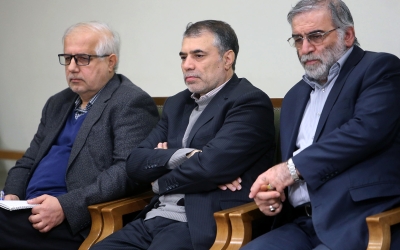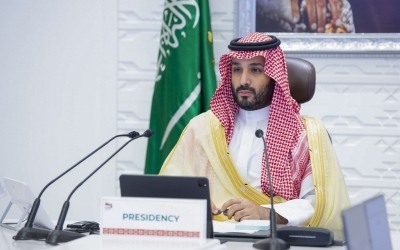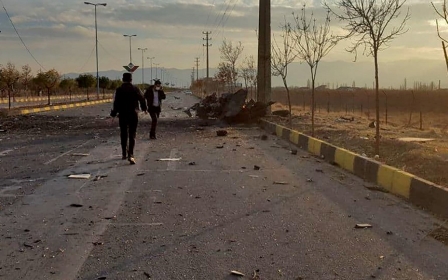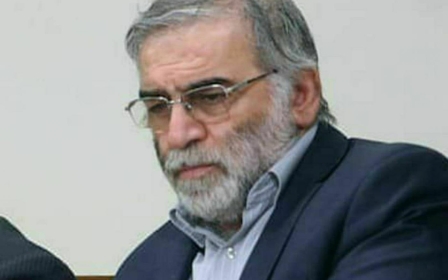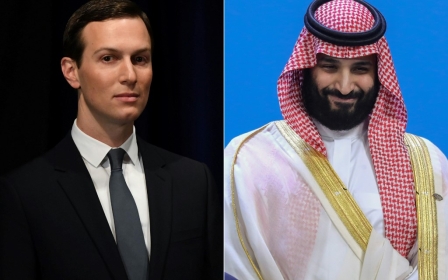EXCLUSIVE: Iran tells MBZ it will hit UAE in response to a US attack
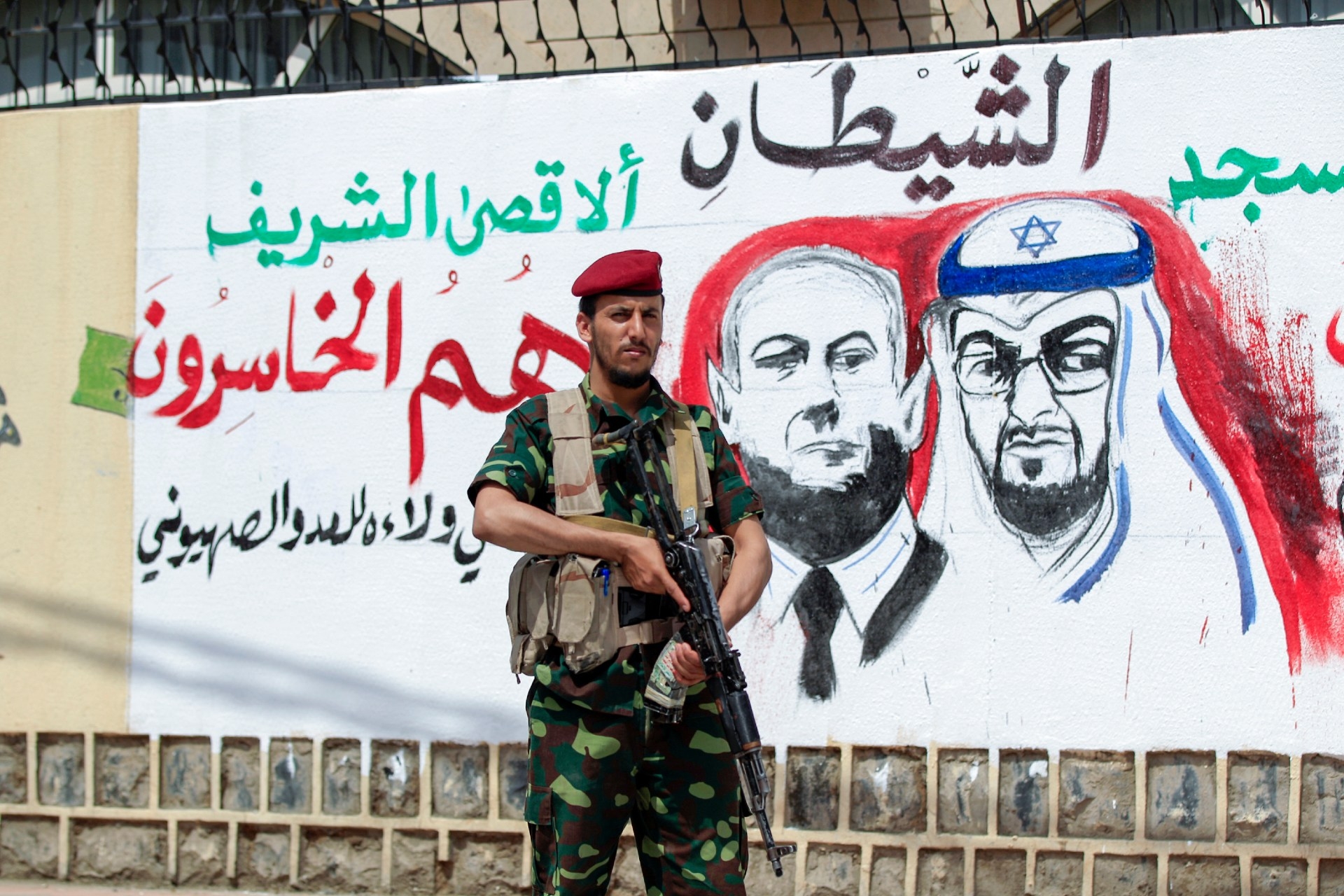
Tehran “directly” contacted Abu Dhabi Crown Prince Mohammed bin Zayed last weekend, threatening the United Arab Emirates in the event of any US attack on Iran, a top-level UAE source told Middle East Eye.
The Iranians are on high alert following the assassination on Friday of Mohsen Fakhrizadeh, the architect of Iran’s military nuclear programme, east of Tehran.
Though Fakhrizadeh’s killing has been claimed off the record by Israeli intelligence sources to the New York Times, Iran has feared attacks by the United States too, believing outgoing president Donald Trump could lash out before his term ends on 20 January.
"MBZ received a direct threat from Iran. It was not delivered through proxies," the source said.
According to the source, Iran told Mohammed bin Zayed: "We will hold you responsible for the assassination of Fakhrizadeh."
The UAE, which lies just 70km away from Iran over the Gulf, is a hawkish ally of Trump and recently concluded a normalisation deal with Israel that has already seen close ties built over several sectors, including security.
According to the UAE source, Iran’s personal contact with Mohammed bin Zayed came just hours before an Emirati statement on Sunday evening condemning Fakhrizadeh’s assassination, which the foreign ministry warned could “further fuel conflict in the region”.
“The state of instability our region is currently going through, and the security challenges it faces, drive us all to work towards averting acts that could lead to escalation and eventually threaten the stability of the entire region,” the ministry said.
MEE has asked the UAE embassy in London for comment, with no response by the time of publication.
Growing fears
Meanwhile, Israeli media has reported that Israel’s security officials are worried their nationals could be at risk of reprisals in the UAE.
Since normalisation of ties in September, Israelis have travelled to Abu Dhabi and Dubai for tourism and business purposes.
According to Israel’s Channel 12, Israeli and Emirati security officials have begun working together to beef up protections for Israelis currently in the UAE.
Iran has vowed to retaliate for Fakhrizadeh’s killing, though Iranian officials told MEE over the weekend that any response will likely be measured and delayed.
Before Friday’s incident, tensions had been at a high in Iran.
MEE reported last week that Esmail Qaani, a top Iranian general, ordered Iran’s proxy paramilitaries in Iraq to avoid targeting the US in any way, due to concern the Trump administration could be provoked into launching a devastating war.
Iran hopes that Joe Biden’s arrival to the White House in January will precipitate an easing of sanctions and return to the 2015 nuclear agreement that Trump unilaterally pulled out of two years ago.
The flagging Iranian rial bounced on the news of Biden’s electoral success, and prices in the country dropped too as a result.
But the threat of further US-Israeli action looms large nonetheless.
On Friday, before Fakhrizadeh was killed, MEE reported that Israeli Prime Minister Benjamin Netanyahu urged Saudi Crown Prince Mohammed bin Salman to back an attack on Iranian nuclear targets.
A senior Saudi source said the crown prince, who is traditionally hostile to Iran, was reluctant to agree to the request for two reasons.
Firstly, because two recent attacks on Saudi oil targets were perceived as Iranian threats via Iran’s proxies.
Secondly, because an incoming Biden administration would immediately seek to de-escalate.
Saudi Arabia has denied the meeting took place. Israel has refused to comment either way, though the news of Netanyahu’s trip to Saudi Arabia was widely reported in the Hebrew press.
This article is available in French on Middle East Eye French edition.
Middle East Eye propose une couverture et une analyse indépendantes et incomparables du Moyen-Orient, de l’Afrique du Nord et d’autres régions du monde. Pour en savoir plus sur la reprise de ce contenu et les frais qui s’appliquent, veuillez remplir ce formulaire [en anglais]. Pour en savoir plus sur MEE, cliquez ici [en anglais].


